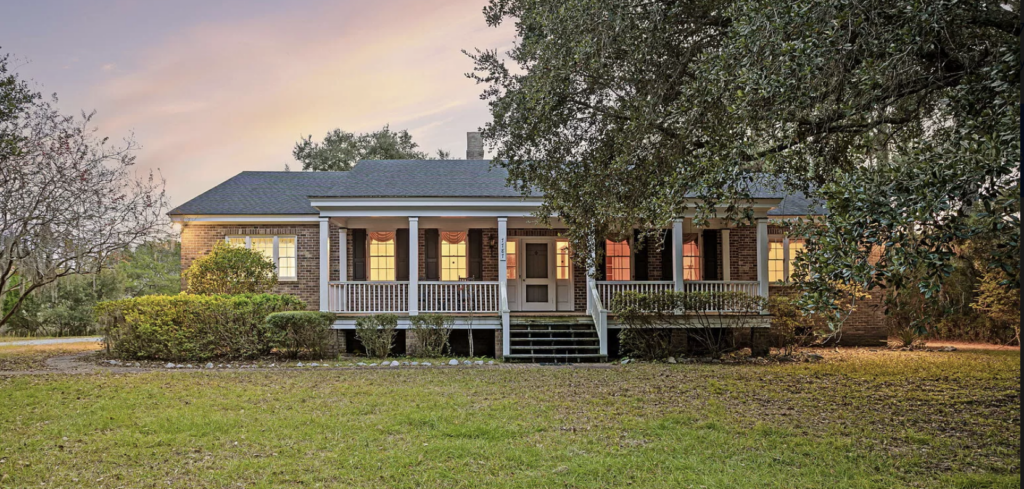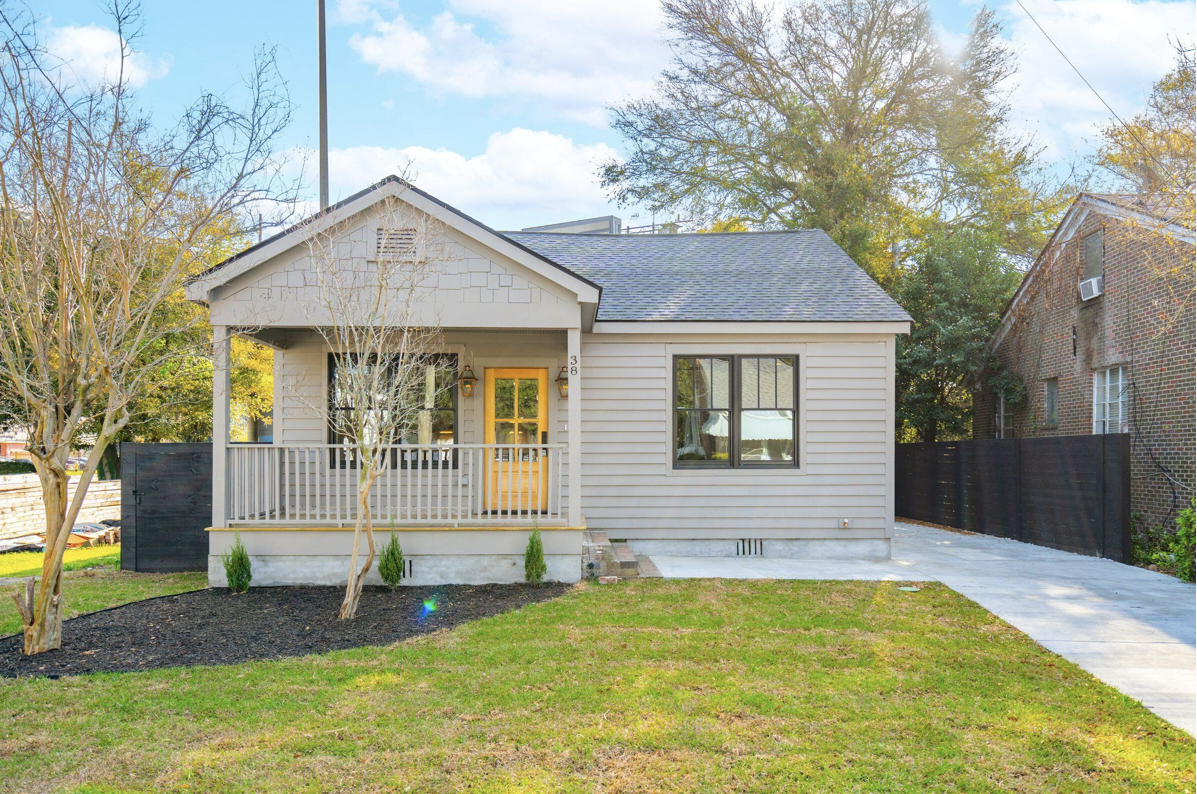In a hot market like the greater Charleston area, it’s more important than ever to enter the buying arena prepared. That’s why Charleston Empire Properties is providing a list of essential tips for making a purchase in the local market, with expert insight from realtor and founder JJ Rahnamoon.
Work with an expert realtor. There are hundreds of licensed realtors, but you want a full-time agent! The real estate market in the greater Charleston area is more fast paced than other regions, so it’s important to have someone who give undivided attention to your search. Similarly, there are benefits to using a multi-agent firm like Charleston Empire Properties to find someone you can built a rapport with, and dedicated support staff. Expert realtors will give you more realistic comps, listing prices, and target offer prices because they know the local market, neighborhoods, and housing stock.
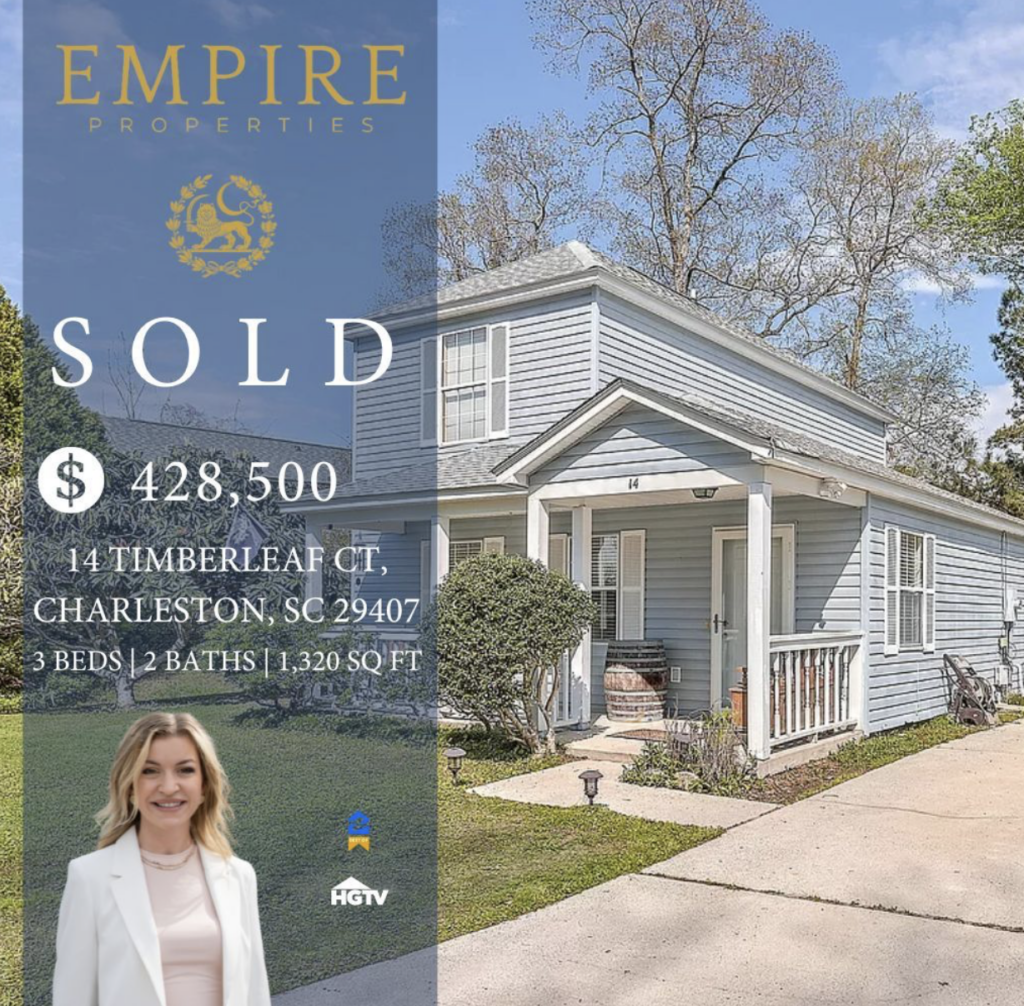
Research your needs. Do some searching ahead of time to identify communities that are the best fit for your lifestyle, needs and wants, and budget. Similarly, make a list of “must have” qualities in a prospective house, and things that are desired but not a make-or-break aspect of the property. Things to consider for the Charleston area is the commute, flooding issues, and proximity to lifestyle amenities. These all take more than a google search, so an agent can help assess these livability issues for buyers who are relocating to the region. It’s helpful to be realistic about whether the house will be your starter or a permanent home. Think strategically about the long term potential of the house, including improvements that could be made over time. JJ provided a list of things to ask yourself about your future home:
- How much space to you need versus want? Would an addition be an future option that better suits your current budget?
- Do you want a move-in ready place, or one you can customize?
- Is a spacious yard a pro or a con for your lifestyle?
- Do you prefer a historic house, new build, or something constructed in the last 50 years?
- How far do members of the household want to commute?
- What community amenities are most important?
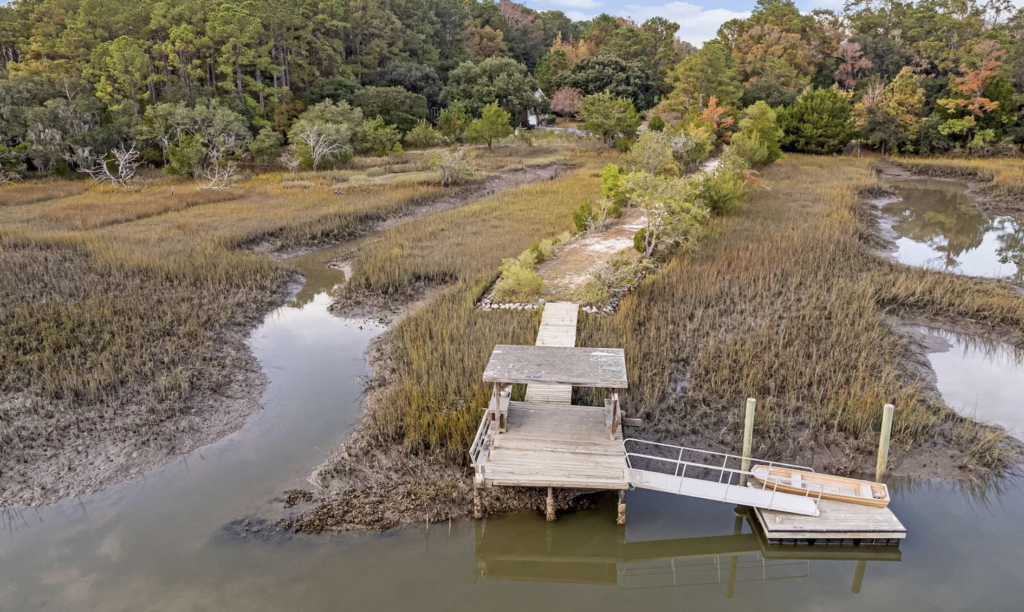
JJ says that it’s so important to “dial in on the neighborhood before the house. Decide what you really want for your lifestyle and pick the place before the house, not the other way around.” Circling back to having a full-time realtor like JJ and his crew that really know the Lowcountry locales, because they can often find you the ideal house in your target area even if its off market.
Get preapproved. Properties sell fast in the Charleston area, so once you make an offer, you’ll need to be prepared to counter, and to back your offer quickly. Cash offers are often desired but coming to the bidding process fully prepared with a lender approval letter, or making your offer with earnest money, are the next best thing. Earnest money is a good faith deposit that buyers can use to show they are serious about the bidding process, and it can set them apart from less committed buyers. Earnest money varies with the market and is usually 1-3% of the value of the home. If the sale does not take place, the earnest money is returned.
JJ says that sellers love earnest money, especially when there are multiple potential buyers interested or they want to move quickly and avoid wishy washy offers. Some buyers are wary, “but you do get your money back if something falls through, since all contracts are contingent on financing and often on inspections.” The industry standard is one percent of the list price, and it goes a long way in showing good faith and liquidity to the seller.
What about credit scores? Scores are important for the lending and preapproval process, but money down also matters, and having a cosigner can help offset a bad score. JJ notes that most people don’t check theirs often, so don’t hesitate to pull your score early in the process. Reporting services are mostly accurate but can be off by up to 40 points, which might make all the difference in getting to that required score, and lenders are different (some will do a mortgage with a score as low as 500) so you need to know what you’re bargaining with. He reminds buyers that even if you don’t qualify, a good broker can help you up that score to get ready to buy.
Search for the best lending rates. Many buyers default to large, national banks where they do their savings and checking, but it’s worth taking the time to compare lenders and consider smaller, local banks and credit unions. For example, Sweetgrass Capital’s https://www.sentemortgage.com/location/charleston-sc/ and Renasant Bank https://www.renasantbank.com/mobile-banking are locally based and offer competitive rates. The smaller firms weathered the global recession better than the national banks that required bail outs. JJ explains that “the small banks are more flexible. With a big bank you run the risk of things going slower. Small banks are better about time sensitive issues and tend to be more thorough.”

Stick to your budget. It’s tempting, but don’t get sucked into a bidding war without reassessing the required down payment, monthly payments including escrow, and the condition of the property. Bidding competitions are less common than they were during the Covid buying craze, though there’s still competition for some locations, like Mount Pleasant or the 29403 area code downtown.
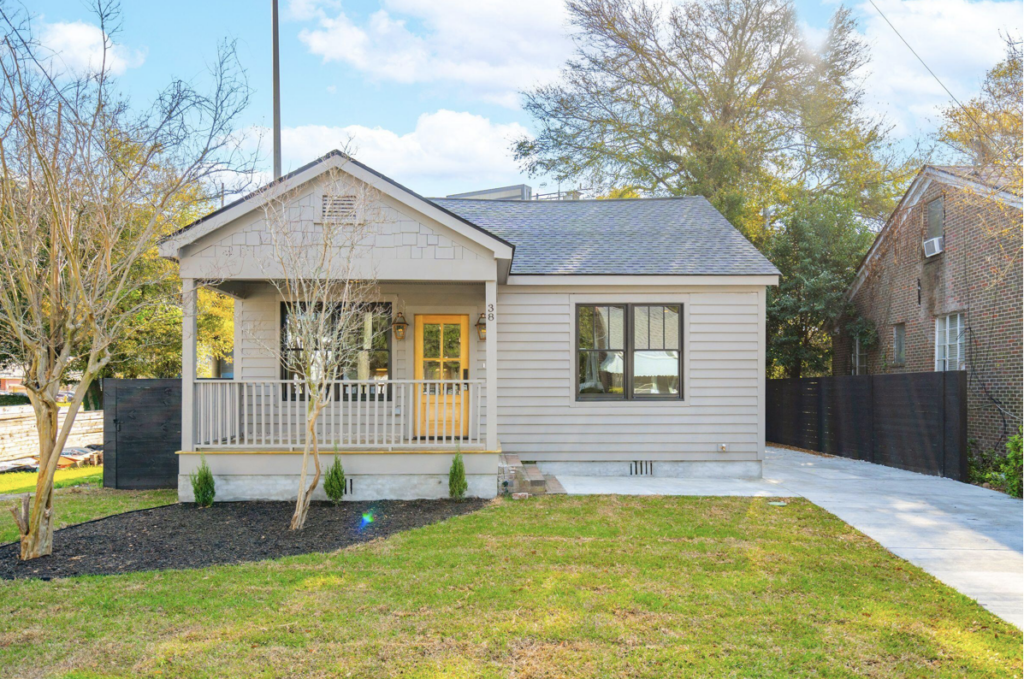
Hire a good inspector. Having a diligent inspector is one of the most important ways to protect yourself from a poor investment, and they help the buyer negotiate with the seller. Look for someone with good reviews, and try to attend the inspection, if possible, to ask questions during the inspector’s walkthrough. If you’re looking for a historic house, it’s important to hire an inspector who understands traditional materials and construction methods, and historic preservation practices. Charleston Empire always recommends https://cardinalhi.com Cardinal Home Inspections, because “they are great with all age of residence, including historic.”
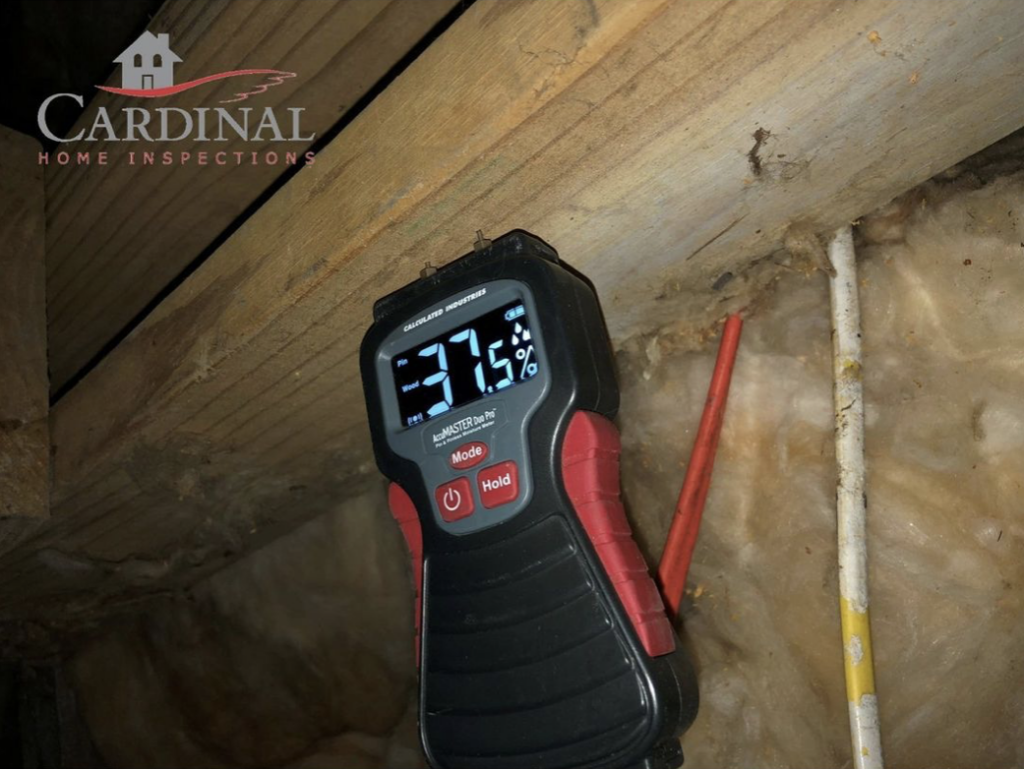
Understand the closing process. The closing process is the final step of the sale, and the moment when the property becomes yours. There can be months between making an offer and the final closing, especially if a real estate title needs to be cleared or the buyer is not prepared with their lender, but closing can go much quicker if both the buyer and seller have done their research and have knowledgeable agents. Another factor that can slow the sale is an offer that is contingent on the seller completing the purchase of their next residence. Residential buyers with preapproval can go from offer to closing in as little as 30 days with an on the ball lender and realtor.
The closing process comes with costs, since the State of South Carolina requires the documents to be prepared by a real estate attorney. Don’t balk at the cost, as it protects the buyer and ensures the property can legally convey and is represented accurately in the listing. JJ explains that “we’re an [closing] attorney state, but that doesn’t really impact closing costs much. Title insurance is the more expensive part, but that’s not unique to our state, banks across the nation require insurance to issue your loan.” Make sure to avail of the chance for a final walkthrough, especially if the offer was contingent on repair work being completed.
What about asking the seller for closing costs and repairs?
According to JJ, even in the hot Charleston market, he still sees sellers cover some part of the closing process around 90 percent of the time. “The seller is walking away with equity, but the buyer is usually trying to scrape things together, and they might also be trying to budget for repairs of upgrades, so it’s very common to ask the seller for some closing help.” Asking the seller to cover repairs is less likely, since most lenders will not require substantial updates before closing, as long as the house passes inspection and is habitable. Be advised that FHA and VA lenders are more discerning about condition and might require either the seller or buyer to complete work before a closing.
